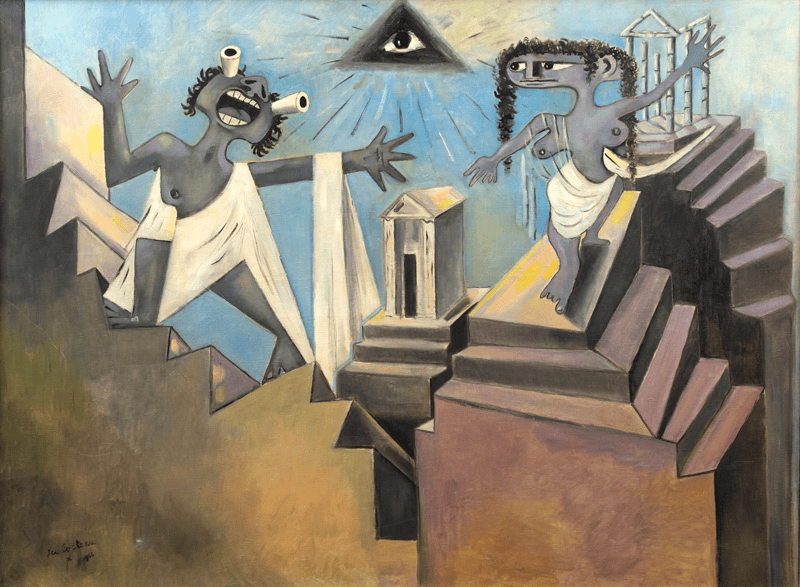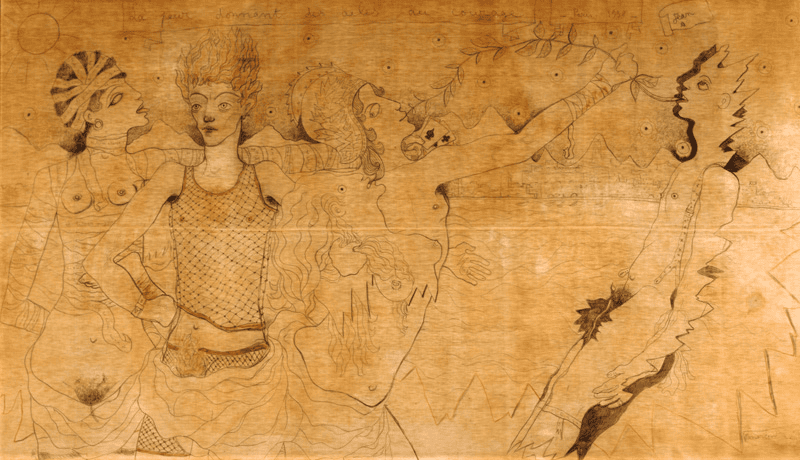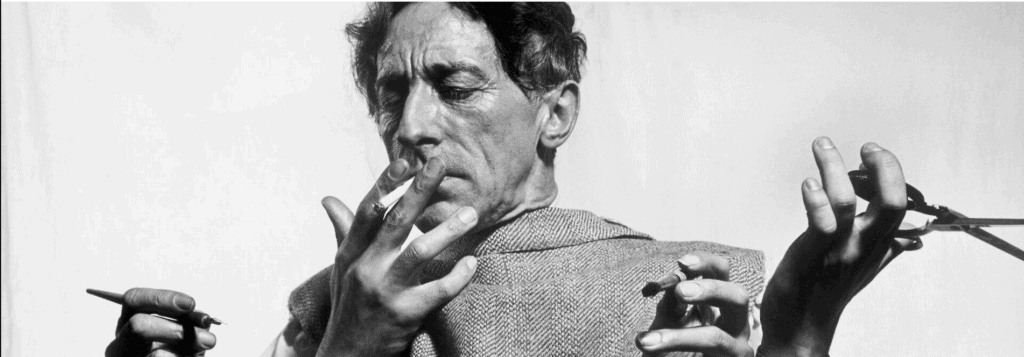From April 13 through September 16, 2024, the Peggy Guggenheim Collection presents Jean Cocteau: The Juggler’s Revenge, the largest retrospective ever organized in Italy dedicated to Jean Cocteau (1889–1963), the enfant terrible of the French twentieth-century art scene.
Organized by eminent Cocteau specialist and New York University art historian Kenneth E. Silver, the exhibition highlights the artist’s versatility, the multiple juggling acts that distinguished his production, which often drew criticism from his contemporaries. Loans from prestigious institutions, such as the Centre Georges Pompidou in Paris, the Phoenix Art Museum, the Nouveau Musée National de Monaco, and the Musée Jean Cocteau, Collection Séverin Wunderman in Menton, as well as major private collections, including the Cartier Collection, gather over one hundred and fifty works in an impressive variety of media.
These include drawings, graphics, jewelry, tapestries, historical documents, books, magazines, photographs, documentaries, and films directed by Cocteau, which trace the development of this multifaced artist’s unique and highly personal aesthetics, alongside the highlights of his tumultuous career.

Among the most influential figures of the twentieth century, Cocteau was impressively prolific. He referred to himself as a poet, but he was also a novelist, playwright, and critic whose subjects ranged from art and music to other expository forms such as travel writing and memoirs. At the same time, he was also a gifted, highly original, and innovative visual artist. This side of the artist’s creative life is focus of the exhibition organized by the Peggy Guggenheim Collection: Cocteau the draftsman, graphic artist, muralist, fashion-jewelry-and-textile designer, and filmmaker.

For his eclectic nature, he could easily be described as a modern-age “Renaissance man,” whose extraordinary versatility left an indelible mark on twentieth-century art. A key figure of the French art scene of his time, his circle included such artists as Josephine Baker, Coco Chanel, Sergei Diaghilev, Edith Piaf, Pablo Picasso, and Tristan Tzara. However, the frank assertion of his homosexuality and the opium addiction he never attempted to conceal, meant he occupied a precarious position within the avant-garde. A man of the French establishment yet subversive of it, Cocteau embodied the cultural, social, and political contradictions of his age.



iThere are no comments
Add yours